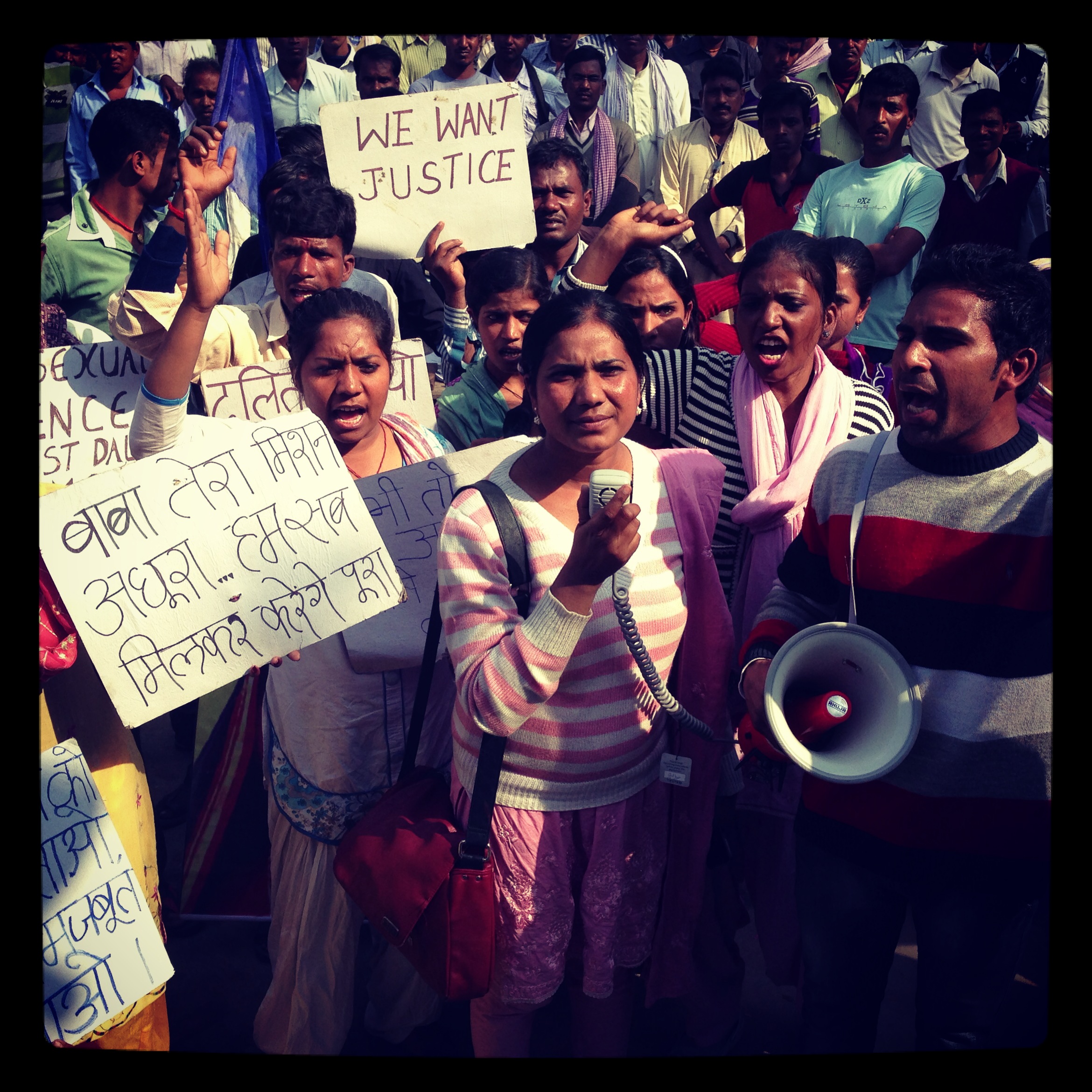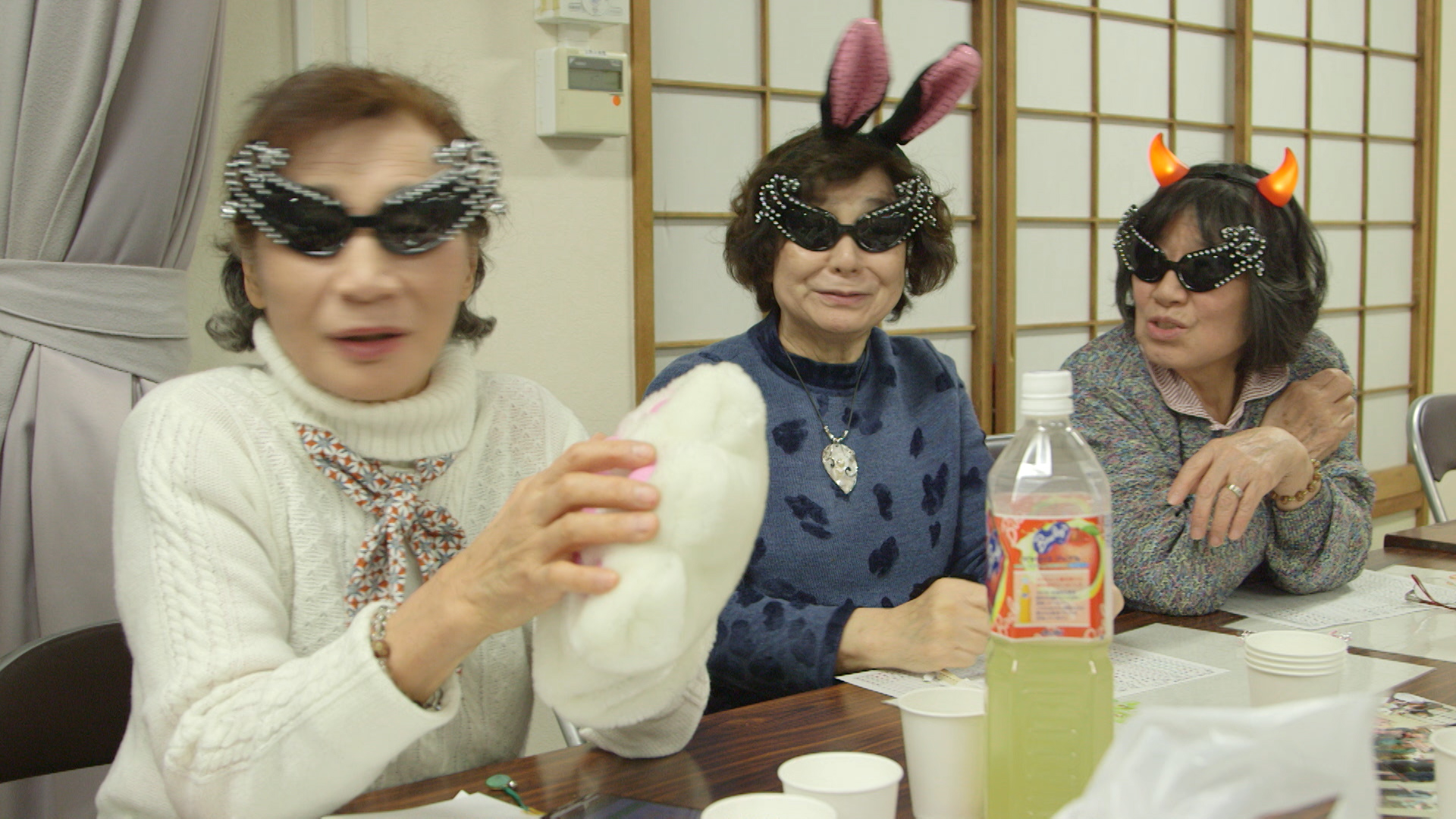The Dalit Women Fight crew uses InqScribe to translate footage for their feature-length documentary. Read about their work, and how InqScribe helps them cross language barriers.
By: Thenmozhi Soundararajan, Director of Dalit Women Fight
#Dalitwomenfight!
Dalit Women Fight is a transmedia documentary that looks at the issue behind the rape epidemic in India: caste-based sexual violence. Dalit Women Fight braids the stories of three women as they move from despair to courage during the events surrounding the global Dalit Women’s Self-Respect Movement, a transnational campaign calling for an end to caste-based sexual violence.
Dalit is a term that refers to South Asia’s Untouchable people, and the Dalit women at the heart of this film are leading India’s largest historical challenge to India’s rape and caste culture through the Dalit Women’s Self-Respect March. The strategies used by the Dalit movement mirror the U.S. Freedom Rides, mashed-up with the Take Back the Night marches. The goal of our documentary is to educate others about the Dalit Women Fight Movement and to challenge the current systems of violence.
InqScribe: Where Everything Comes Together
We use InqScribe to translate footage from all over the world. In India alone we have over 12 languages, often from very inaccessible rural areas where the dialects are difficult to translate. InqScribe allows us to upload footage and tap into local leaders working remotely, who can then create vital transcripts that are used for editing and titling. Our volunteers translate Hindi, Bhojupuri, Marathi and Urdu reels of footage, working remotely in locations spanning from Haryana to Los Angeles. We recruit many different sets of eyes and ears looking to be involved in the production process. Without InqScribe, our process would be so much more tedious as there would be no single platform that can handle all the tasks that InqScribe lets us centralize.
#Dalitwomenfight! from Thenmozhi on Vimeo.
In the past, we used several programs, playing video with QuickTime or Windows Media Player and transcribing with Microsoft Word or Notepad. It was such a problem, due to the lack of time stamps, sound control boards and other necessary controls. InqScribe is a single tool. Dozens of our volunteers are able to accurately utilize it with little to no difficulty. Our workflow has expanded greatly, and we have been able to produce vital footage within our time-sensitive schedule. With InqScribe, we’re able to make the most of our translation production time and increase the translation quality by hiring qualified translators who can easily be given access to the tool.
Our favorite feature is the timecode shortcut and the options for multiple export formats. Since our project is multi-layered and requires extensive editing and reviews, we are able to adequately connect translators with footage. InqScribe has been extremely easy to use for our multi-lingual translators who have little experience with translation software, and we are always impressed by the high quality production.
Thenmozhi Soundararajan is a Dalit American transmedia artist/activist and the Director of the full-length documentary Dalit Women Fight.
—
Thanks Sharmin! Learn more about Dalit Human Rights and caste-based violence at ncdhr.org.in/aidmam. For any questions or comments about InqScribe, shoot us an email at support@inqscribe.com.




